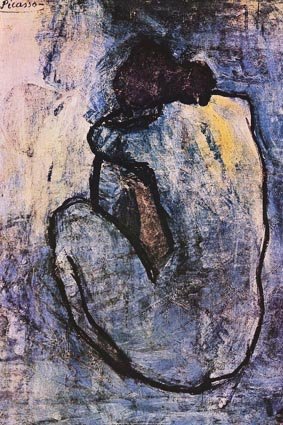| |
Simple things you can do
Postpartum depression is highly treatable and doctors often prescribe counseling and medication (14). However, there are many things mothers can do on their own to get through these times as well (15).
-
Sleep: Make getting enough sleep a priority. Try to sleep when the baby sleeps. Try different relaxation techniques such as taking a bath or listening to music.
-
Eat healthy. Remember that you must take care of yourself first in order to take good care of your baby. Eating healthy can be as simple as a serving of yogurt or a bowl of fruit. Try to avoid caffeine and drink lots of water.
-
Make time for yourself. Being a good mom doesn't mean you have to be "Super mom." Try to make child-free time for yourself to get outdoors or find some way to pamper yourself. Take the baby for a walk in the stroller with a friend or another mom.
- Find sources of support. Everyone needs emotional support and a helping hand once in a while, especially new mothers. Even though it's hard to ask for help, your family and friends want to be there for you. Share your feelings with someone you can confide in and who won't judge you. Ask for help with everyday chores. Also, it's perfectly okay to let some things go. No one will notice.
When to see a doctor
Helpful Links (English and Spanish) and Sources
|
 Blue Nude by Pablo PIcasso |
